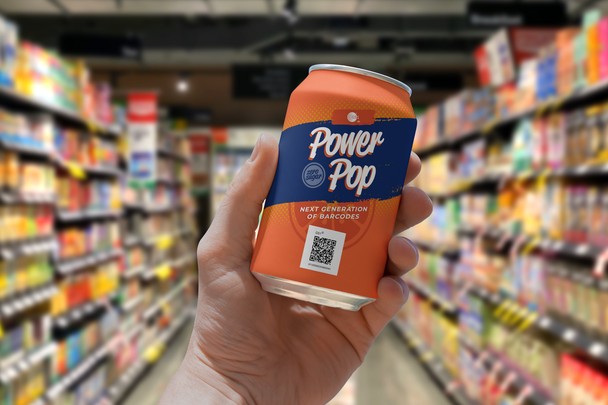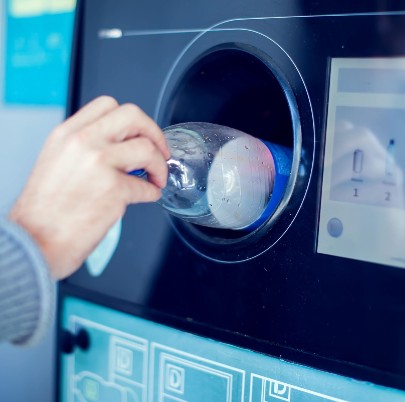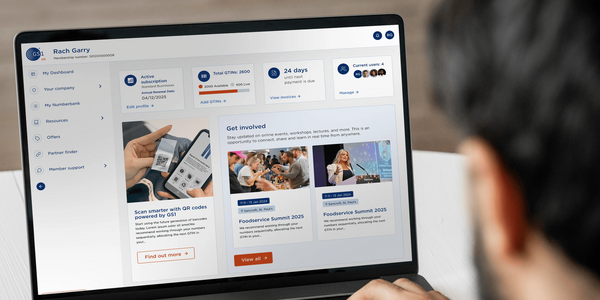On 6 May 2025, the UK government confirmed the appointment of the Deposit Management Organisation (DMO) that will oversee the administration of the Deposit Return Scheme (DRS) in England, Northern Ireland and Scotland. This marks a significant milestone in the UK’s journey toward reducing litter, increasing recycling and supporting the circular economy.
The DRS, set to launch on 1 October 2027, will require consumers to pay a deposit on single-use drinks containers, refundable when those containers are returned for recycling. The appointment of a central, not-for-profit DMO gives industry a clearer framework to begin operational planning, providing the governance and coordination many businesses have long been calling for.
While this is a UK-wide development, the scheme will not be uniform in its implementation. England and Northern Ireland will exclude glass containers, whereas Wales has confirmed it will include glass. Scotland, which initially planned to operate an independent system, will now align with the UK DMO. As a result, businesses must prepare for a scheme that is largely harmonised but still contains some key regional variations.

What will DRS look like across the four nations?
- England and Northern Ireland: The scheme will cover plastic and metal drinks containers from 150ml to 3 litres. Glass is excluded.
- Scotland: Originally planning to go live earlier with a standalone scheme, Scotland will now work with the UK DMO to implement the DRS in 2027, aligning its structure with the rest of the UK but following the same material scope as England and Northern Ireland.
- Wales: Wales has opted for a more comprehensive approach by including glass containers. It is participating in the UK-wide framework but with this material variation in scope.
These differences add some complexity for UK-wide producers and retailers. However, the presence of a single scheme administrator is expected to minimise duplication and improve interoperability across the four nations.
What this means for industry
With the appointment of the DMO confirmed and the launch date set, businesses now have a clearer pathway to begin preparations. From product packaging and labelling to data systems and logistics, it is likely that the impact of DRS will be felt across the supply chain.
First and foremost, manufacturers will need to ensure that in-scope products are correctly identified and traceable. This will be essential, not only for consumers to receive their deposit refunds, but also to meet reporting obligations and guard against fraud. Retailers must consider how they will facilitate container returns, whether through reverse vending machines or manual collections, and how these will integrate into existing store operations.
In addition, the differences in material scope—particularly Wales’s inclusion of glass—means that some products may require different labelling or handling depending on where they are sold. Early-stage planning and engagement will be vital to identify and avoid unnecessary costs, complexities and compliance risks.
The critical role of GS1 standards
GS1 standards are fundamental to enabling a DRS that is scalable, interoperable and efficient. They provide a common language for identifying, tracking and managing products across the supply chain and at the point of return.

Around 90 percent of the retailers, producers and wholesalers affected by DRS are among our members and use our standards to identify, capture and share data about their products. This puts GS1 UK in a unique position to offer insight and practical support in the delivery of a robust and future-ready DRS in the UK.
The majority of drinks containers sold in the UK already carry a GS1 barcode containing a unique Global Trade Item Number (GTIN), which identifies the product and links it to the brand owner. This enables items to be accurately recognised by return systems, whether through reverse vending machines, manual returns or digital platforms.
Beyond product identification, GS1 standards enable the rich, real-time data needed to support deposit management and consumer engagement. QR codes powered by GS1 can connect each item to information such as deposit values, recycling instructions and return locations. These next-generation barcodes open the door to digital DRS models—an area we are already exploring through pilot projects with partners and member such as Polytag and Ocado Retail.
Crucially, GS1 standards ensure interoperability across systems and markets. As more countries adopt DRS schemes, using consistent, open standards will allow businesses to scale solutions without duplicating infrastructure. In short, GS1 standards support seamless data exchange between producers, retailers, scheme administrators and regulators, reducing complexity, improving transparency and supporting trust in the system.
Preparing for 2027 and beyond
With the UK DMO now in place, the focus will shift to scheme design, stakeholder engagement and infrastructure development. Businesses should not wait to begin their preparations, which could include…
- Auditing packaging formats to identify in-scope products
- Engaging technology providers to explore barcode or QR code integration
- Reviewing existing data and reporting systems to ensure compatibility
- Understanding nation-specific variations, particularly around material scope
Here at GS1 UK, we will continue to work with government, industry and solution providers to ensure that open standards are embedded in the scheme from the outset. By taking a data-first approach, the UK DRS can be designed to minimise friction, maximise return rates and support wider environmental goals.
The journey to a 2027 DRS has officially begun. With the right preparation, support and collaboration, industry has a real opportunity to shape a future-ready scheme that delivers genuine value to businesses, their consumers and the environment alike.




